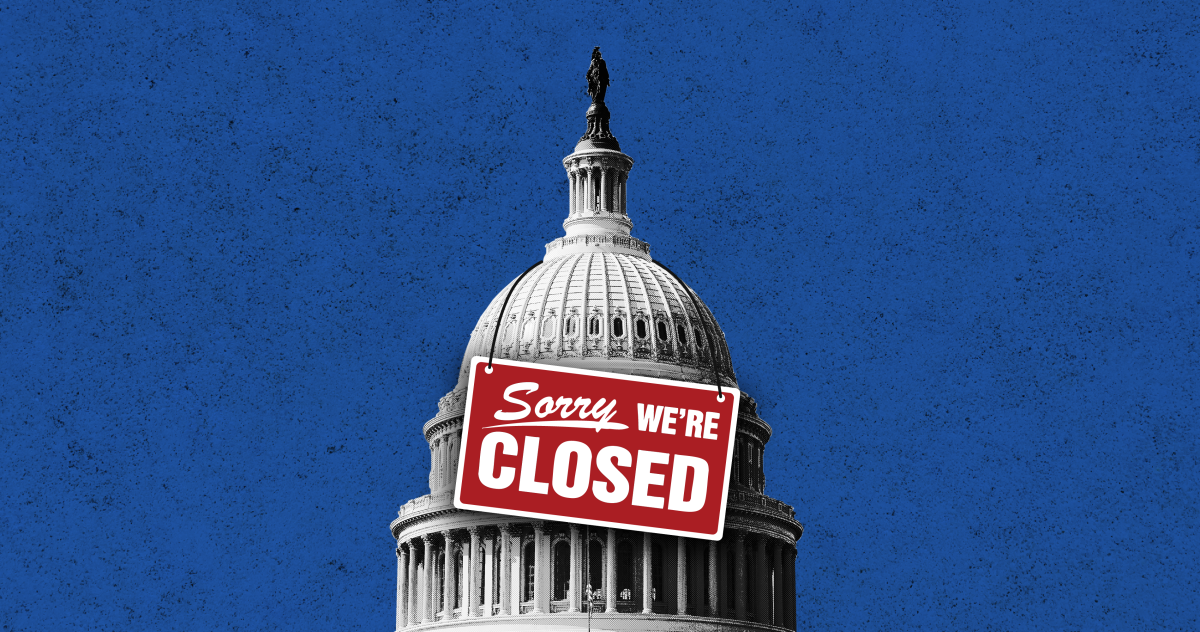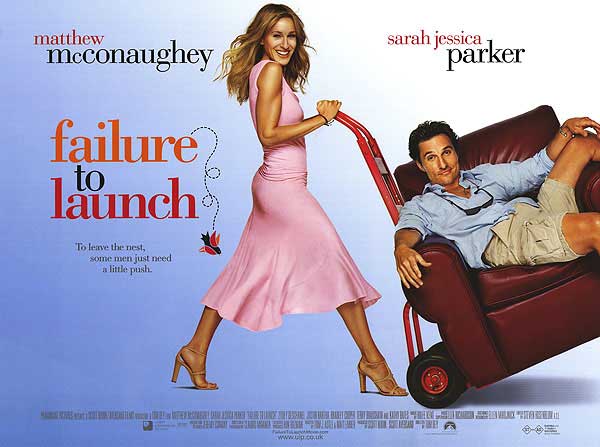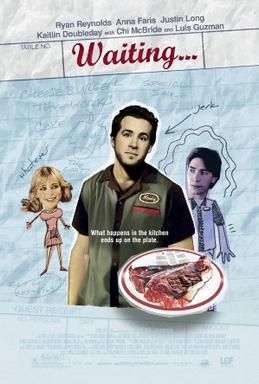
In today’s day and age, cell phone usage is extremely common, especially among the younger generations. Even if it’s simply to shoot a text, make a search, or check the weather, it’s something that is, at this point, routine. Even if someone personally doesn’t have a cell phone, it is almost promised that most people around them do. Students are not safe from this generalization. Whilst it can be argued that cell phones are a positive aspect of student’s everyday lives, the state of Indiana seems to be direct in their belief that these devices do not belong in the classroom. Governor Eric Holcomb signed the Senate Bill 185 in March, that went into full effect July 1st. The bill requires that school districts and charter schools alike are required to implement a policy banning cell phone usage while in the classroom.
Teachers report nearly entirely positive feedback for the new installment, says Principal Kevin Sims. Of the five teachers individually interviewed, all of them report the change a positive one, and say that the rule altogether has made their classrooms better for students. Similarly, on a survey administered, Sims says 35/37 teachers surveyed provided optimistic input about the “parking lots.” He uses the term to refer to the place in which students are expected to leave their phones in the class during instructional time. The general consensus is that the rule has made their classrooms a space where their students are more engaged in content and social with their peers.
Before the Bill was passed, many teachers had different approaches to dealing with cell phone usage in the classroom. However, they felt this created a divide, or at least an excuse for students to grab at when they were being reprimanded for possession of a device. Now, they feel as though there is a sense of unity among them. They remain mere classrooms in a school, but every one permits any and all usage of the device, which has left them with a sense of uniformity, and made things move more smoothly. A frequently mentioned point among staff was the dislike for having to argue with a student over taking their personal property, and this has changed that for them, for the better.
Some teachers mentioned the fact that eliminating cell phone use doesn’t automatically rid the classroom of distraction, but it has helped exponentially. Additionally, one teacher made the point that the rule has provided students with a learning opportunity, like school is intended to do. They state that an issue that adults struggle with, in today’s world of technology, is knowing the appropriate time and place for use of their device, and this situation has created a lesson for students. That they can have their phones on their own downtime, but when in a learning space, it should be used for just that. The same teacher provides credit to students for respecting the rule, and compliments the overall execution of the “parking lots” in response to the ban.
Most students surveyed channeled their inner Switzerland and remained neutral about their thoughts on the ban. Some students state minor complaints, such as forgetting their device in classrooms, not being able to listen to music, general annoyance, lack of communication with their families, and not having them during free time. Contrary to prior expectation the student population seems to be handling the situation well, and are credited by Sims for their maturity. Every teacher states their initial shock for the lack of resistance from students, but Sims was very insistent on giving credit where he felt it was due, the students.
One of Sims’ main concerns when brainstorming various methods to reduce device use while in the classroom was student safety in case of emergency or a sudden need to exit the building. Then, when the Bill was passed, it seemed like the perfect time to instate the previously aforementioned “parking lots.” These were to be placed in every classroom, a space where students would have complete access when necessary, as well as preventing distraction in the educational setting. All in all, it seems that the right decision was made, one that is unanimously respected among students and staff alike.
To say that this rule has made DCHS a better community for learning would be an understatement.













